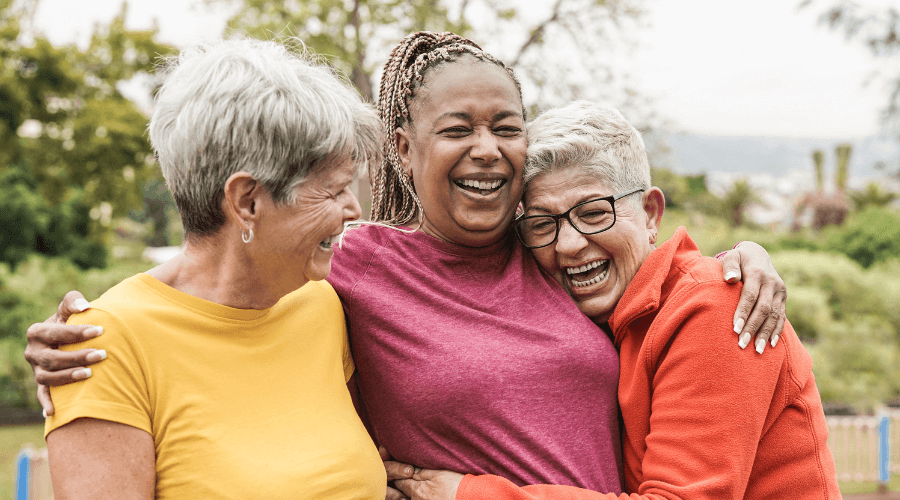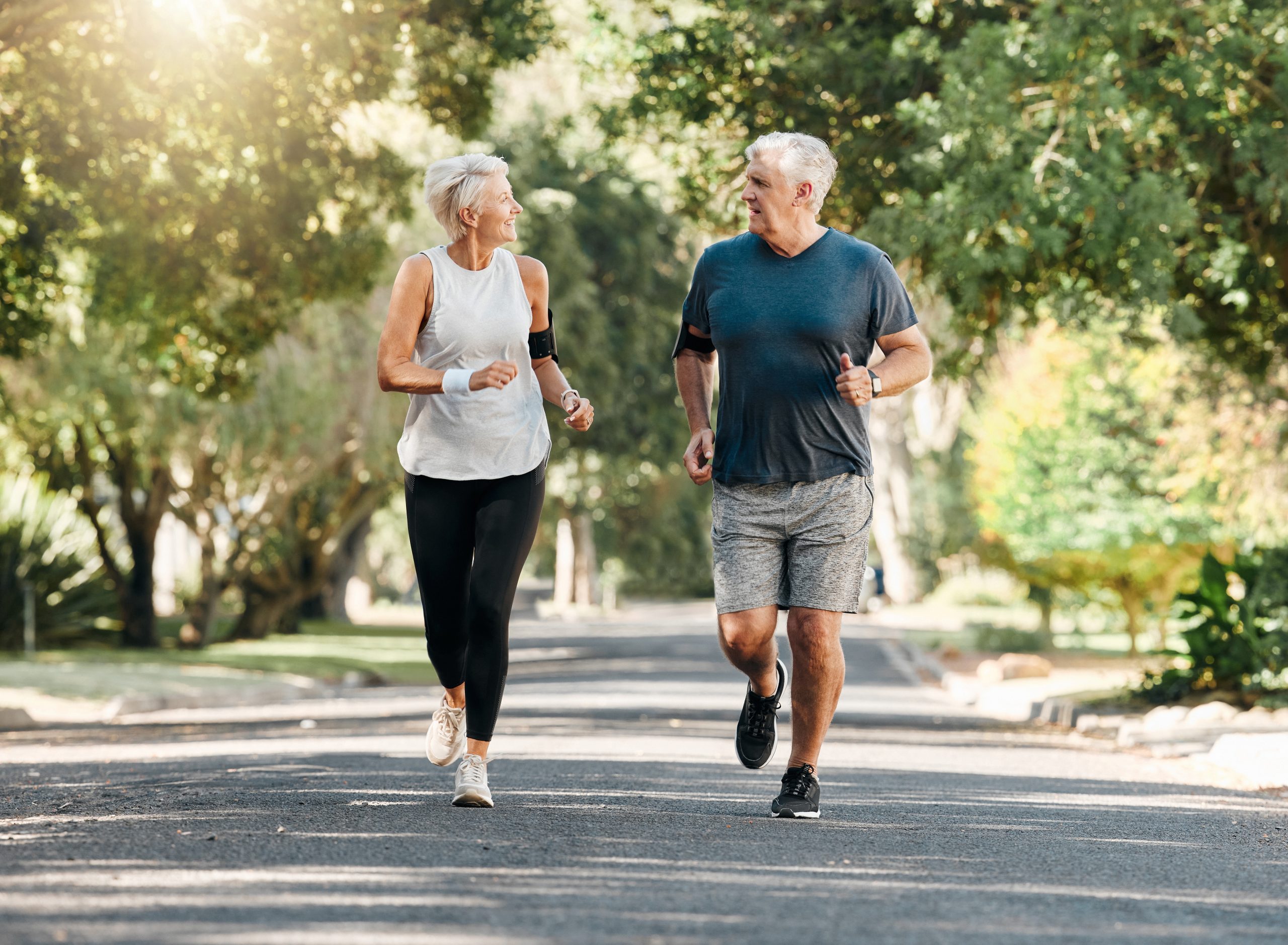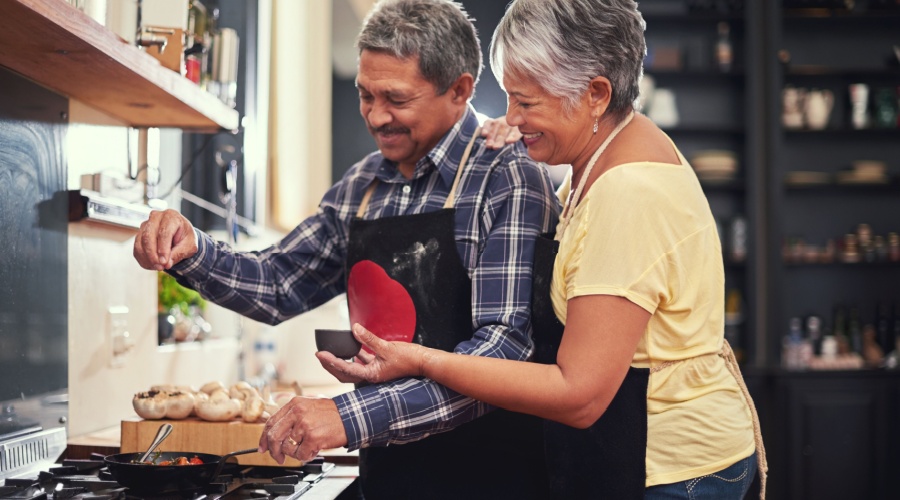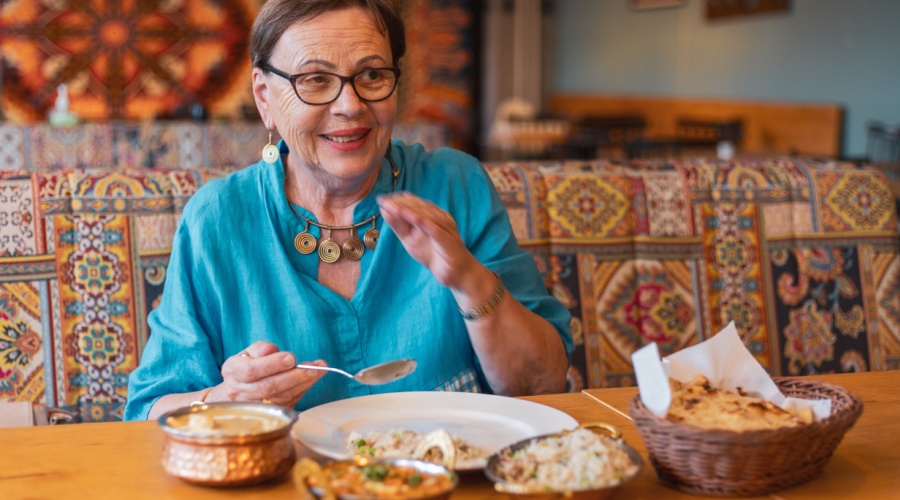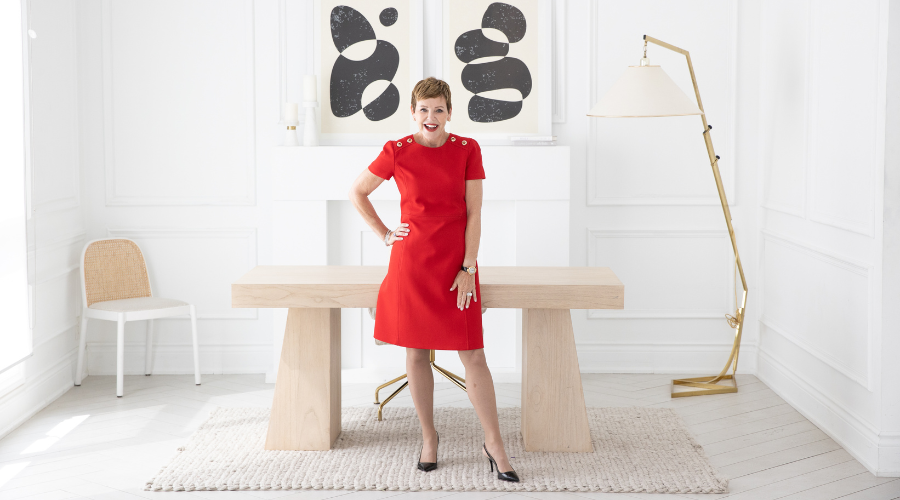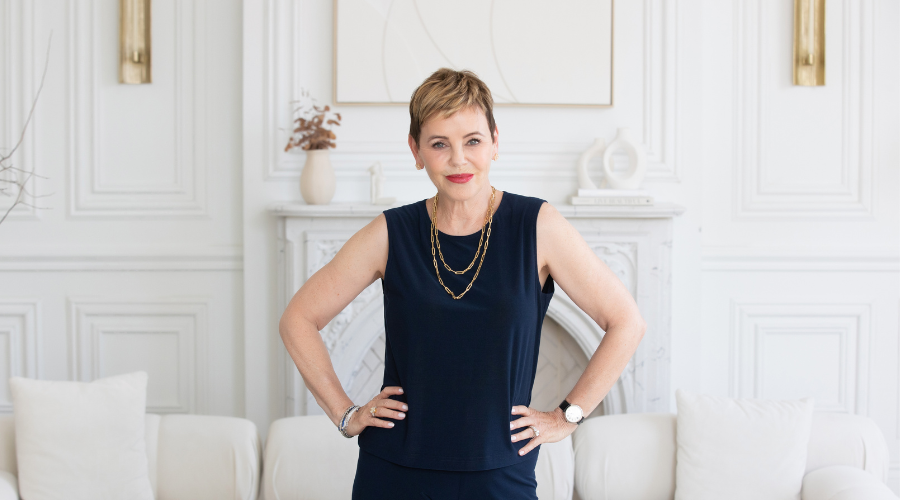By Joyce Wayne
The landscape of friendship has changed since March 2020. Some friendships melted away, others have become rock solid, and still, others are new friendships forged virtually during the long months of isolation. I, like many others, have come to cherish a broad spectrum of friendships and to realize how invaluable friends are to mental health, peace of mind, and an overall aura of completeness.
Even so, statistics paint a less optimistic portrait of making friends as we age. In psychologist Marisa Franco’s new book Platonic: How the Science of Attachment Can Help You Make — and Keep — Friends, she underlines that making friends in adulthood does not always feel so simple or easy. In the U.S., only 3 percent of Americans said they had no close friends in 1990. By 2021 that number rose to 12 percent. According to Franco, the United States is in the grip of a loneliness crisis that predates the Covid pandemic.
During an interview with the New York Times, Franco noted: A “misconception is that friendship happens organically. But research has shown that people who think friendship happens organically — based on luck — are lonelier. You really have to try and put yourself out there.”
Another misconception is that Platonic love is less important than romantic love. Franco’s book attempts to level the hierarchy between the two. She also suggests that assuming “people like you” is the best strategy for making friends. “There is something called the “acceptance prophecy,” says Franco. “When people assume that others like them, they become warmer, friendlier and more open. So, it becomes a self-fulfilling prophecy. I never used to be much of a mindset person until I got into the research. But your mindset really matters!”
Easier said than done. If you’re friendly, open and self-confident, you’ll make and keep more friends, which increasingly matters to our well-being as we age. Science shows that loneliness and isolation are as detrimental to health as smoking. Unhappiness can make us ill. The question is how to work around the state of the modern family, the global workforce and the current pandemic.
Our generation has fewer children, and those children often live far away. With English as the lingua franca, our kids work across the globe in multinational corporations, educational institutions or international organizations far from home. For many, large extended families are a thing of the past. I recall the enormous family dinners my aunt would host when I was a child. My father was one of six children, five of whom lived within easy driving distance. The family met regularly for holidays, birthdays and weddings. Except for my cousins who live in the GTA, I’ve lost touch with the rest, who moved away. In those cases, I don’t even know their address.
Still, there are bright spots in this landscape. In my life, friends have played an enormously important role. Many I consider as family. Since March 2020, when the World Health Organization labelled the Covid virus a pandemic, my husband and I have met with a group of friends on Zoom. Every Friday night, with few exceptions, we spent an hour and a half together, catching up on personal stories, public events and politics and enjoying each other’s company. In December, we plan to travel to Ottawa to spend New Year’s with this group of friends.
Elders are finding new and novel ways to make friends and community in their neighbourhoods. The Toronto Star reported on Natural Retirement Communities, a new trend that shows tremendous promise. North of High Park in Toronto stand three tall condos, 50, 80 and 100 Quebec Avenue, filled with inhabitants aging in place who’ve organized a thriving Natural Retirement Community. Like-minded communities such as these, with supports for aging residents, are popping up in New York and across the U.S. Still, according to The Toronto Star’s reporting, the Quebec Avenue condos are the first of their kind in this country.
“It’s here that the University Health Network’s new NORC Innovation Centre (NIC) is helping residents launch plans for aging-at-home supports, with exercise classes, expert discussions on caregiving or pain management and social activities such as coffee and photography clubs. NORCs-with-supports occur when services are set up around the naturally occurring retirement community, with an unintentionally high number of residents, usually in their 50s or older. Health and supportive services are brought to residents, allowing them to continue living at home, with enhanced independence and choice in life decisions.”
I can hardly imagine a better place to make and keep friends and stay in charge of our lives as we age —while being a part of a community of like-minded folks. During the 1960s and 1970s, many students, including myself, rented old houses. Four or more of us moved in, shared the rent, utilities and grocery bills. We made schedules for cooking and cleaning. Everyone was to join in. While living in student-run co-ops, I learned to cook, to take on tasks I didn’t do in the parental home and most importantly, I came to appreciate being part of a team. Co-op living taught me independence and how to manage my own life. At a young age, I discovered how to be an integral part of a team and how to be a loyal friend.
Fifty years later, it is these same friends who meet every Friday night online. One member of our group, who moved to the U.K., is ill. Another member of our group has been instrumental in organizing her care in the U.K. and now her transfer back to Canada to be near her friends and family.
As Andre Picard says in The Globe and Mail: “As we age, we accumulate loss – of mobility, cognition, income, independence and more. But the greatest loss of all is often overlooked: agency, the ability to have a modicum of control over our daily lives. Elders are routinely stripped of agency – culturally, socially and financially. It’s no wonder aging is something we dread.”
However complicated the aging journey becomes, friendship and groups of community-oriented elders can make all the difference. Being a good friend during the aging process means being there when others are in need, sharing stories and interests, and exhibiting a certain amount of tolerance for each other’s quirks and individual tastes. Empathy, shared values and open communications make this journey so much more meaningful than it could ever be on our own.


